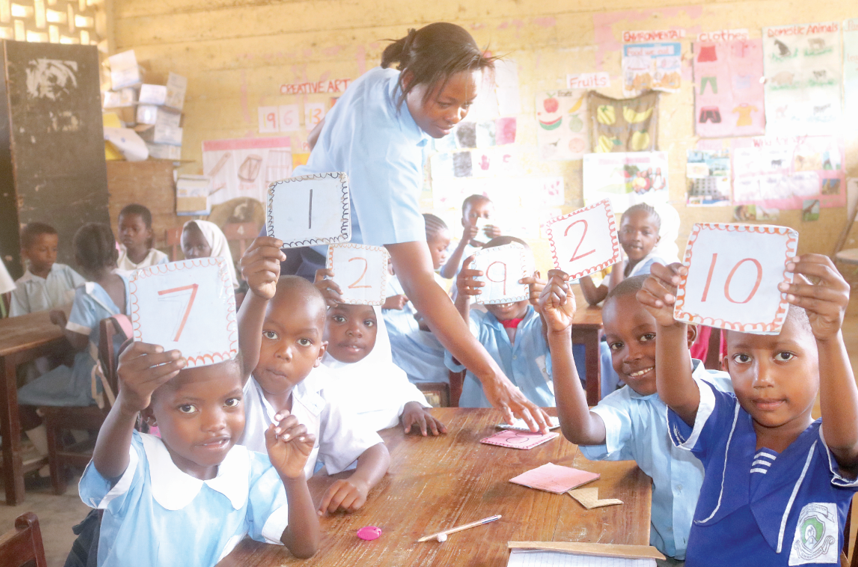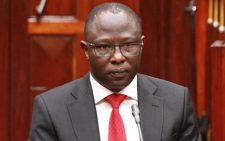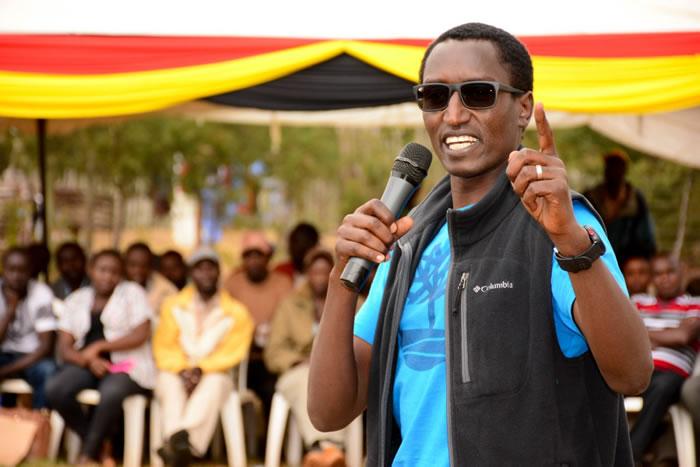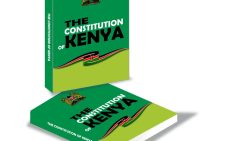Subjects realignment promises improved learning

Learners under the Competence Curriculum Framework have started the 2024 school calendar with a curriculum that has fewer learning areas and fewer lessons per week compared to the last school calendar.
The changes follows a decision by the Ministry of Education, in conjunction with the Kenya Institute of Curriculum Development, to implement a recommendation by the Presidential Working Party on Education Reforms (PWPER)
The changes are contained in a Circular, signed by the Principal Secretary for Basic Education Belio Kipsang, to the regional directors of education and their counterparts in the counties and sub-counties to coordinate the implementation of the policy decision at the school level.
PWPER had, among other recommendations, presented to President William Ruto, recommended that KICD “rationalise the number of learning areas and curriculum designs in terms of scope, integration of subjects within a learning area, gaps, content overload and overlaps in Basic Education.”
The changes have enormous implications to the delivery of quality educational experiences and outcomes to all categories of learners. The recommendation went to the heart of the preconditions for inclusive and quality education across all tiers of the basic education curriculum.
In the first place, the realignment creates focus, rigour and connectedness of the topics and concepts that the curriculum embodies. The incorporation of contemporary or emerging issues in the existing subjects means that learners will be exposed, not to fragments of information, but to a body of knowledge, and skills that are knit together.
“The greatest service we can do to education today is to teach fewer subjects. No one has time to do more than a very few things well before he is twenty, and when we force a boy to be a mediocrity in a dozen subjects, we destroy his standards, perhaps for life, “ C.S. Lewis, the British writer, and theologian observed.
Realigned curriculum load means also that teachers will spend comparatively more time on each and every topic. The extended handling of a topic, or concept will ensure that learners thoroughly understand the topics, concepts and ideas—without worrying about the workload still untaught.
The quality time spent on a topic or sequences of topics or ideas means that learners will sequentially have a deeper understanding of a given topic before they go to the more difficult and therefore complex but related topics or ideas.
The leisured teaching and learning of the realigned or rationalised content means a number of things. It means that learners will focus on understanding, on knowledge and not swallowing quantities of facts and information with little or no meaning to their cognition and meaning in their lives.
It also means that the improved learning will nudge the students to explore more regarding the topics, ideas and concepts through peer learning, observation, reflection, research in textbooks, books and other supplementary materials available in the school, at home or public libraries.
The improved learning outcomes also means learners will be relatively more knowledgeable and better prepared for the subsequent comparatively more complex topics, ideas and concepts.
Learning will not be a taxing experience that it sometimes becomes, without meaning. The rich background knowledge and information they will acquire will make learning new things graceful.
When children find what they learn meaningful, they remain in school to learn more. Realignment of the curriculum and the authentic learning it promises might indirectly help the government to deal with truancy—staying away from school without good reason.
There are many causes of truancy. However, in the final analysis, the seeming meaningless of school for some students creates absenteeism.
Teachers will be freer to thoroughly prepare for the instruction they undertake during class hours. A prepared teacher teaches better. The recommendation will enhance the realization of the high order thinking skills inherent in CBC.
— The writer is the communications officer, Ministry of Education












